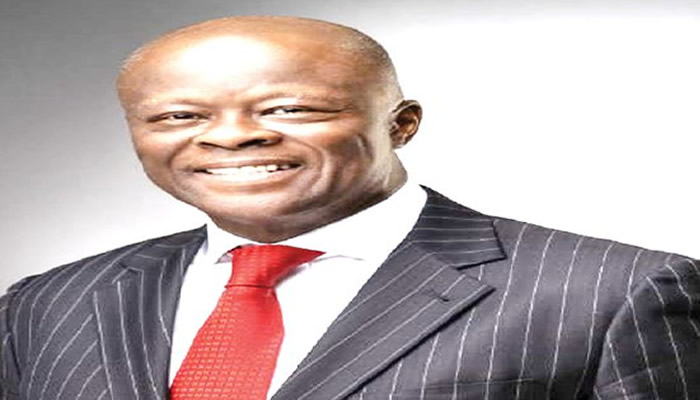The Federal Executive Council on Monday approved Nigeria’s full non-regional membership of the Asian Infrastructure Investment Bank.
It also approved the transmission of a bill to the National Assembly to establish the National Cocoa Management Board, which it said would revitalise the cocoa sector.
The Minister of Finance and Coordinating Minister of the Economy, Wale Edun, revealed this to State House Correspondents at the end of the 25th meeting of the Federal Executive Council under the Bola Tinubu administration, at the Aso Rock Villa, Abuja.
Edun said the decision to formalise Nigeria’s membership in the AIIB aims to boost infrastructure development and promote long-term economic growth.
“First of all, and very specifically, I had the honour to present to the Federal Executive Council today a memo seeking the approval of the membership of Nigeria to the Asian Infrastructure Investment Bank, as a non-regional member,” he revealed.
The Minister clarified that although the AIIB is headquartered in Asia and consists of Asian countries, it also accepts non-regional members.
Nigeria was initially invited to join in 2021 and has now completed the legal, administrative, and financial processes required for membership.
Edun said, “We’ve concluded that process now, and we are fully fledged members of the Asian Infrastructure Investment Bank, which is set up to promote infrastructure development and generally sustained economic growth in all its members.”
Nigeria’s subscription includes 50 shares valued at $100,000 per share, totaling $5m.
Edun also provided insights from the recent World Bank/IMF Spring Meetings in Washington, D.C., during which he said international partners affirmed Nigeria’s macroeconomic reform efforts under President Tinubu.
Citing the IMF’s Article IV Consultation as evidence of growing economic confidence in Nigeria, he observed,
“It is the resilience that has been created by the macroeconomic reforms that stabilised the economy that has allowed us to cope with the recent introduction of reciprocal tariffs in America and the turbulence that has caused.”
The minister also recalled that global ratings agency Fitch had recently upgraded Nigeria’s credit outlook from B to B with a positive outlook, further validating the administration’s reform agenda.
Edun said President Tinubu reiterated his commitment to continue economic reforms, moving beyond stability towards “rapid, sustained, inclusive growth that will help lift Nigerians, in their millions, out of poverty.”
Meanwhile, the Minister of Agriculture and Food Security, Abubakar Kyari, announced that the Council approved a draft bill seeking to establish the National Cocoa Management Board, which will be forwarded to the National Assembly through the Ministry of Justice.
Kyari stressed cocoa’s importance as Nigeria’s leading non-oil foreign exchange earner and a vital contributor to GDP.
“Cocoa is the highest non-oil revenue contributor to the Nigerian GDP. However, we are still lagging behind in terms of our competitors next door, that is, between Cote d’Ivoire and Ghana,” he said.
He noted that both countries have national boards to manage their cocoa industries and that Nigeria had initiated dialogue with them to explore collaborative frameworks.
“Part of the resolution reached was to copy what they had done in Cote d’Ivoire and also in Ghana, where they have established the National Cocoa Management Board,” he said.
Kyari explained that before the FEC memo, the Ministry had created a Cocoa Management Committee to assess the feasibility of the new board.
That committee’s findings informed the bill now approved for transmission, he added.
The proposed board will comprise representatives from public and private sectors, including state governments and research institutions.
“I believe representatives of sub-nationals will be the deputy governors and also the cocoa research institutes,” Kyari said, adding that the board would help improve production, processing, and marketing of cocoa nationwide.
